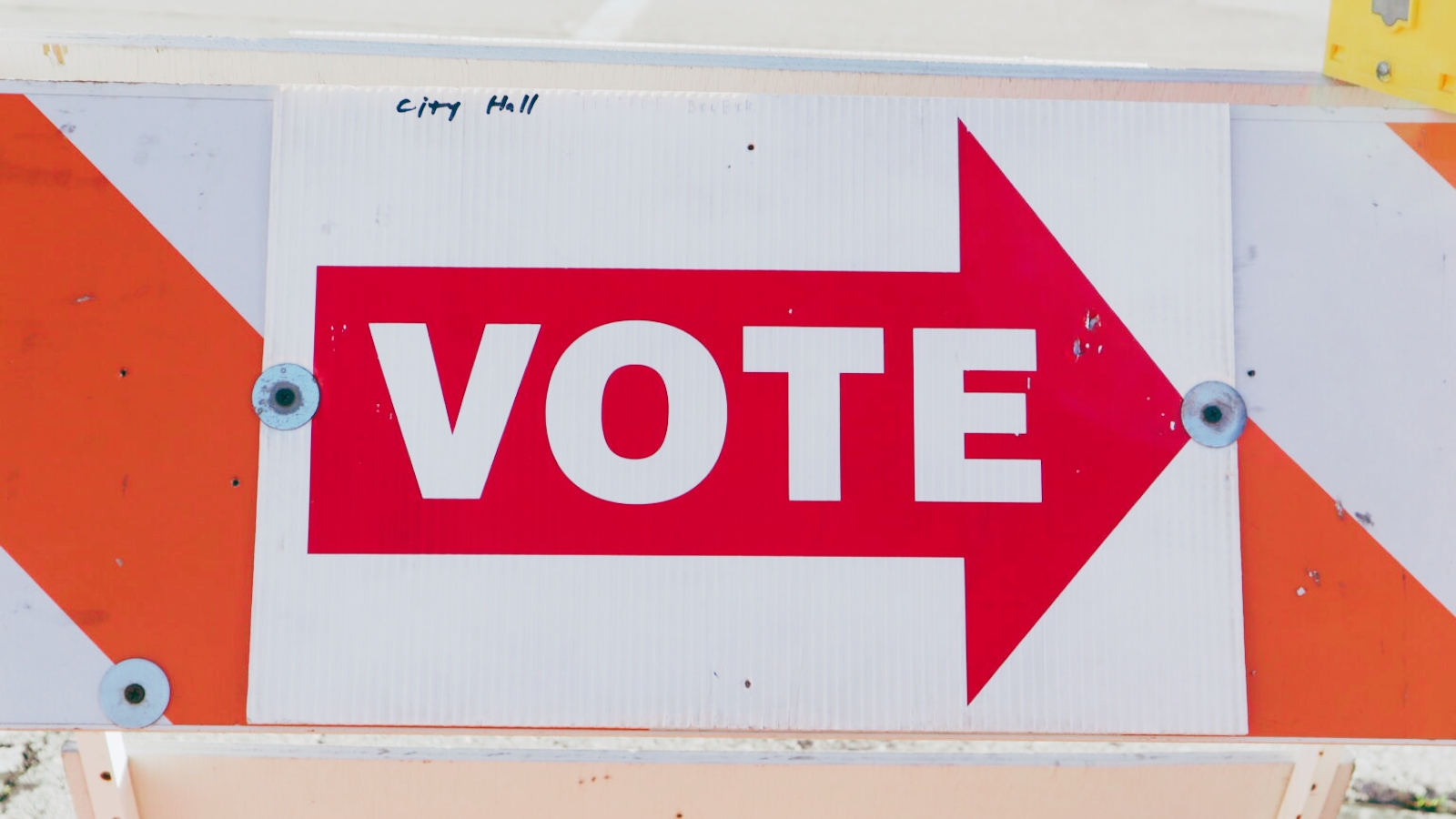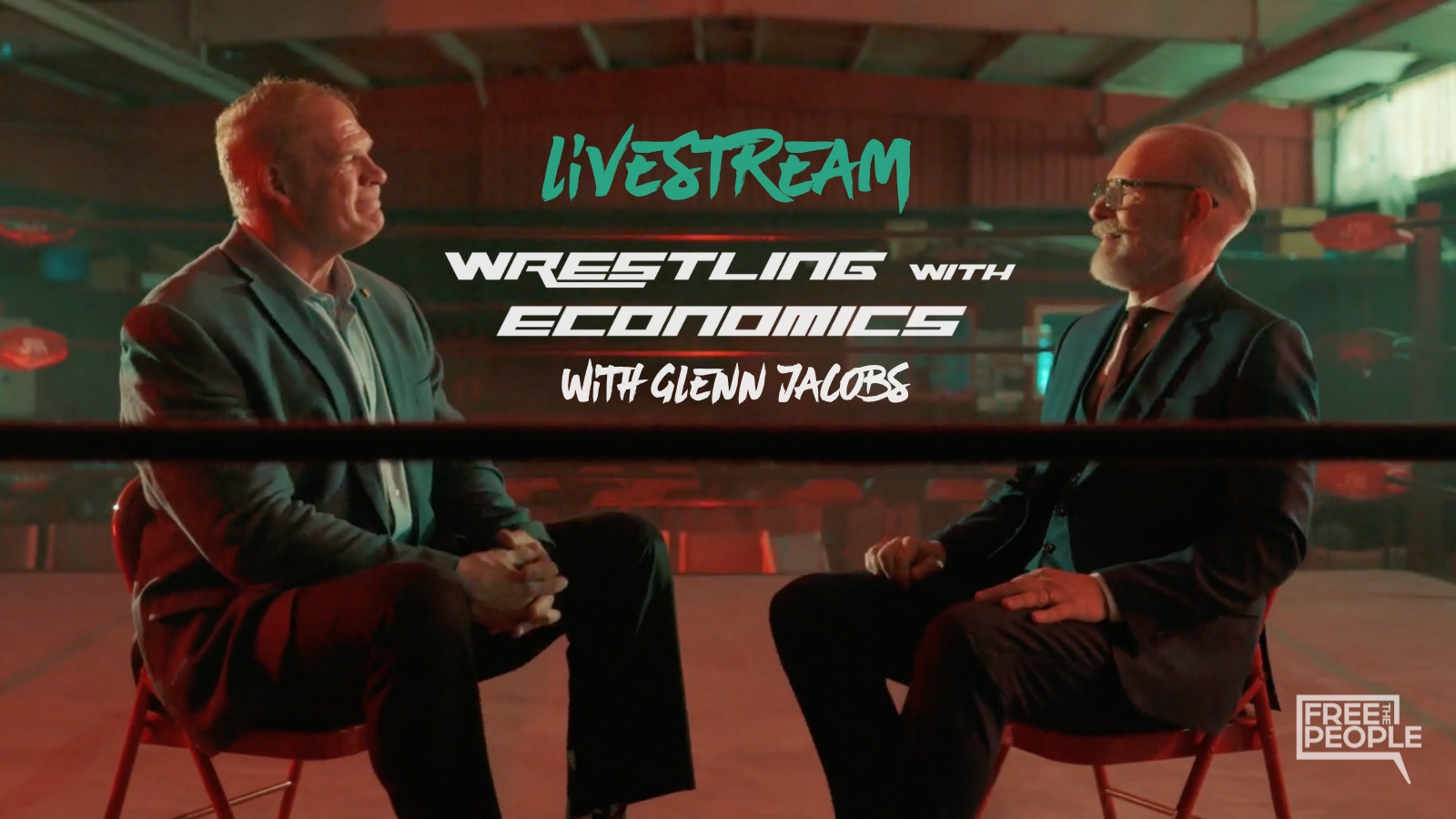
Inflation Is Always and Everywhere an Institutional Phenomenon
As inflation continues to plague the nation, people are looking for someone or something to blame. Most economists are quick to blame it on supply and demand shocks held over from the US’s pandemic response and the Fed’s lax monetary policy that allowed the government to spend far beyond its means over the last couple of years. These reasons make sense, but they ignore problems in our political system that made our current situation possible.
Policymakers surely have no interest in creating inflation on purpose, yet implicit in the political decisions they made over the last two years was a significant disregard for the damages they would cause to the economy.
The problem is that politicians, grouped as they are in collective decision-making bodies, make short-term decisions to fix immediate problems, all without regard for the long-term effects.
In essence, this is a problem of rules, not people. People behave differently when subject to different sets of rules. In private decision-making, people own their own future, whereas, in collective decision-making, everybody owns it. When acting collectively, then, people are less careful and less moderate, as any future consequence will be spread over a large group. Less consequences means less caution.
It’s not as if politicians face no consequences at all. They face periodic elections, majority rule, transparent accountability of public funds, and the division of government both geographically and institutionally. Yet evidently, these constraints weren’t enough to limit their myopia, and they didn’t prevent current inflation.
In short, the current rules in which politicians operate are not working accordingly to make them act with prudence, moderation, and responsibility. In other words, inflation is the result of institutional failure. And institutional problems require institutional solutions. In that regard, the Nobel Laureate James M. Buchanan recommended devising constitutional constraints on policymakers to prevent the frequent short-sightedness of politics. Indeed, he argued that “constitutional commitments or constraints become means by which members of a polity can incorporate long-term considerations into current-period decisions. In the absence of such constraints, individuals will be led, almost necessarily, to adopt a short-term perspective in politics.”
An example Buchanan cited was establishing constitutional constraints related to not expanding the fiscal deficit or government spending beyond certain limits. Based on the current situation, another constraint could be the prohibition of declaring the closure of any sector of the economy during a national emergency unless there is an automatic repeal of all tariffs and quotas regarding that sector. That would prevent restricting the economy’s supply-side by importing products if US production is severely diminished.
Current inflation might be momentarily reduced by changing some policies or the people in charge. However, the underlying factors that caused this situation are what society should focus on changing. Once again, as Buchanan noted: “We must redesign our rules, and our thinking about rules, with the ultimate aim of limiting the harm that governments can do […] Good games depend on good rules more than they depend on good players.” The US should conceive binding constraints to discourage supply restrictions and excessive government spending to prevent this situation from happening in the future.
Free the People publishes opinion-based articles from contributing writers. The opinions and ideas expressed do not always reflect the opinions and ideas that Free the People endorses. We believe in free speech, and in providing a platform for open dialogue. Feel free to leave a comment.



